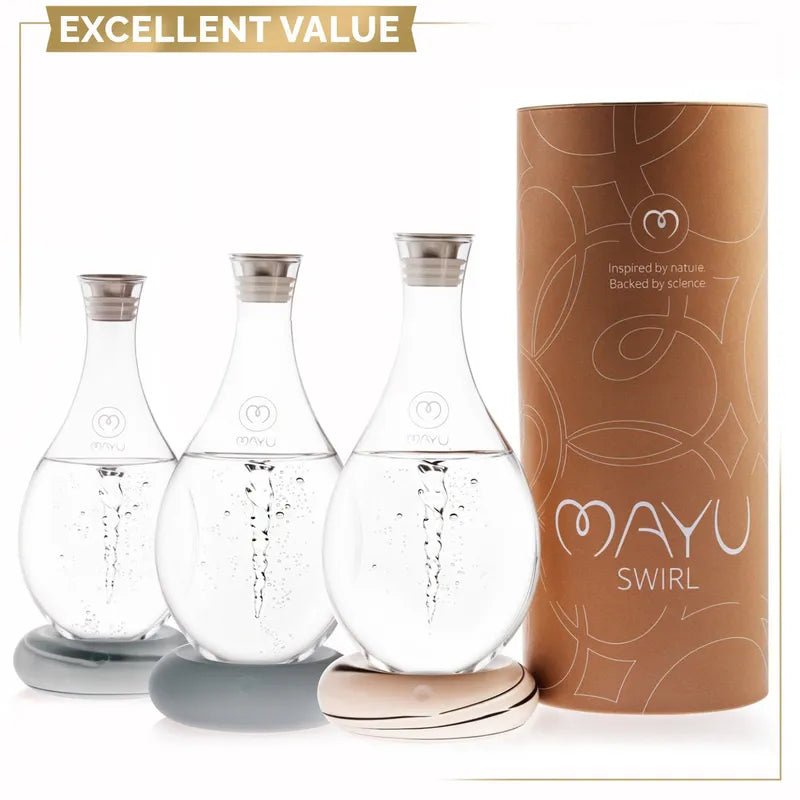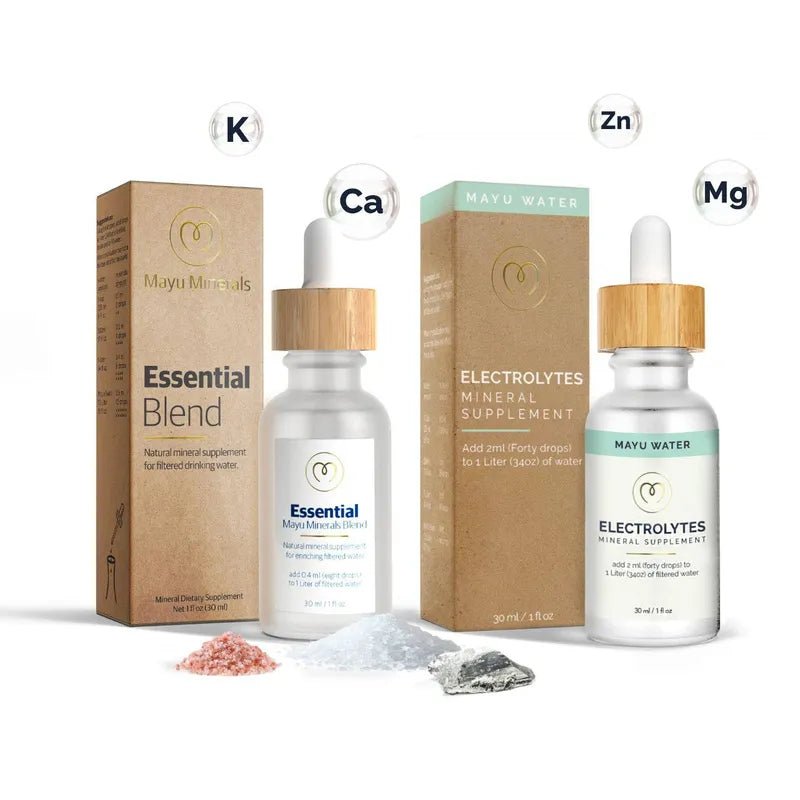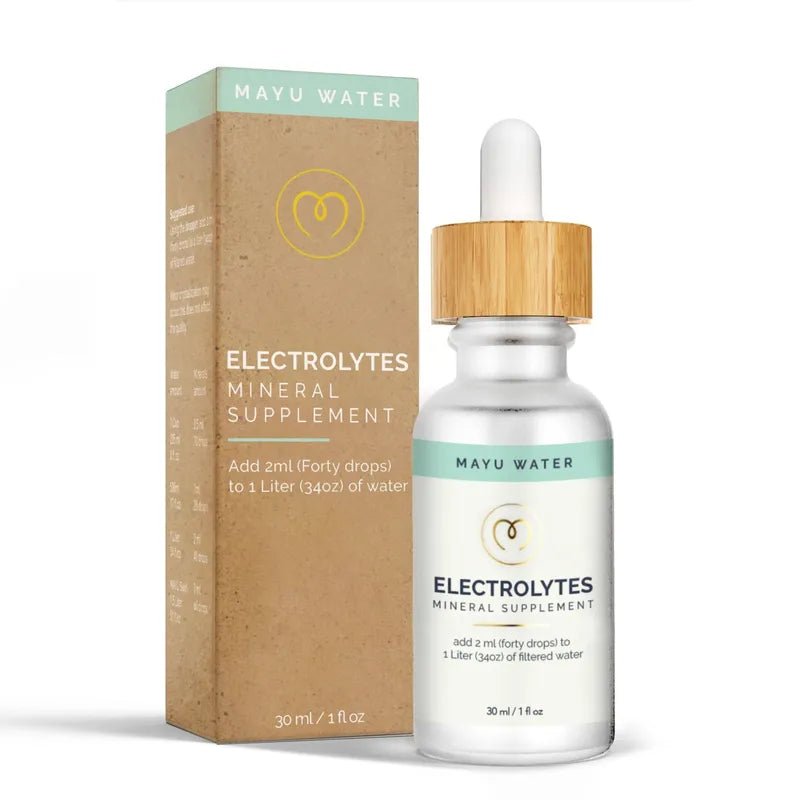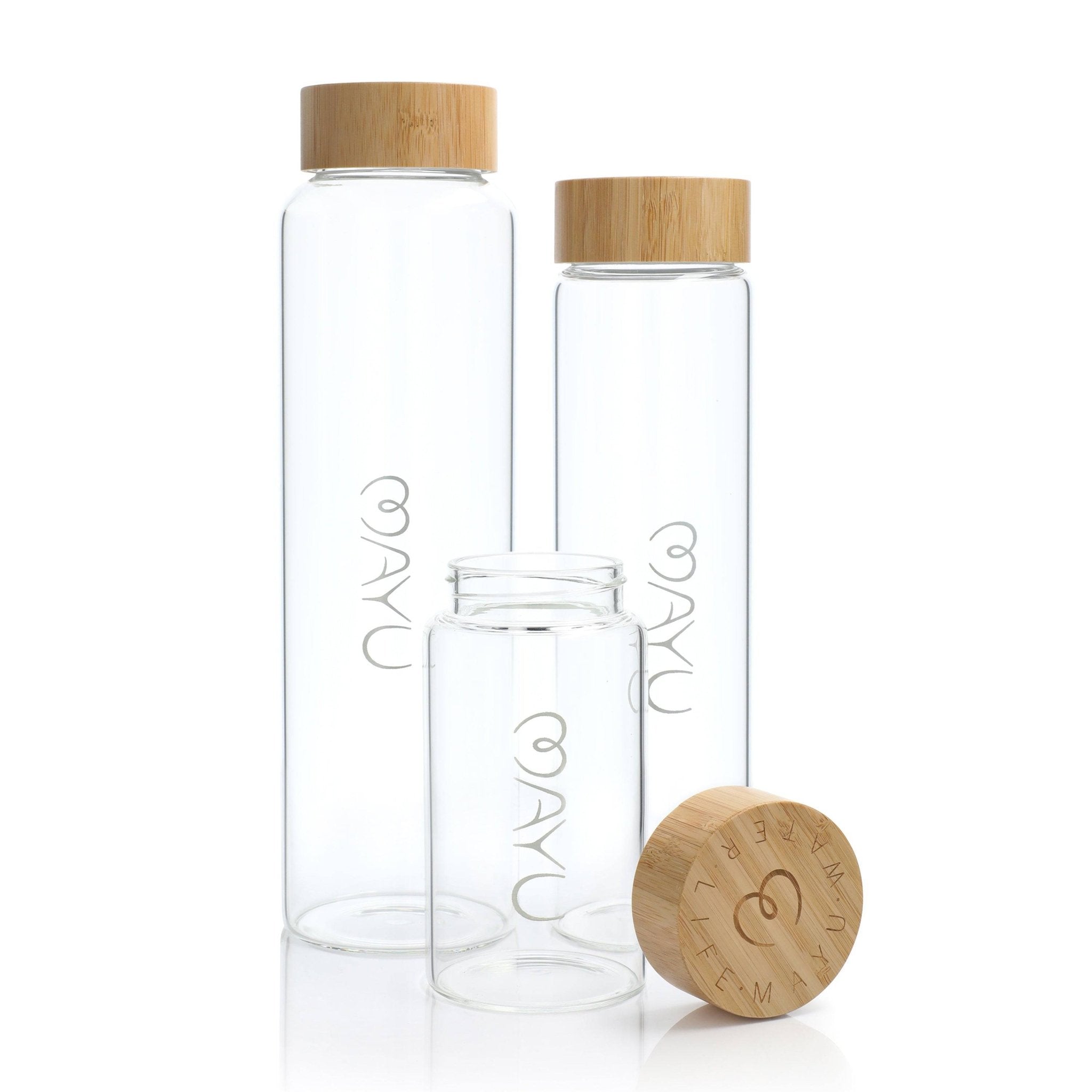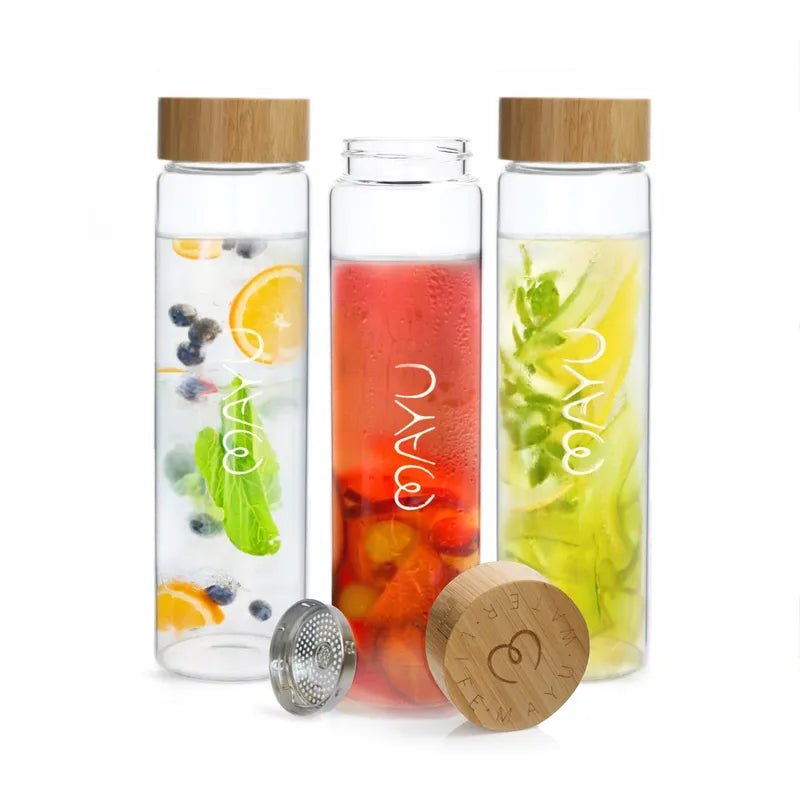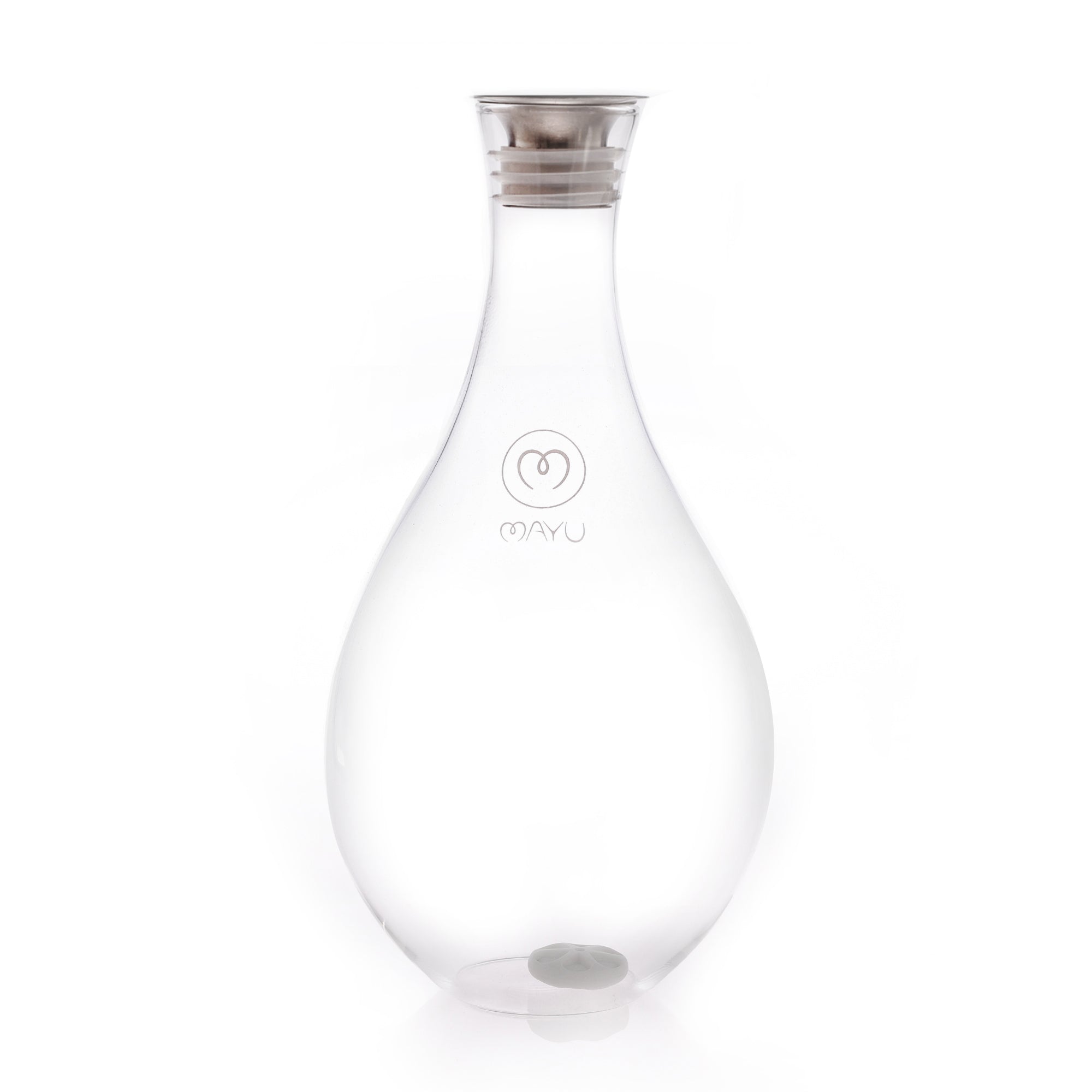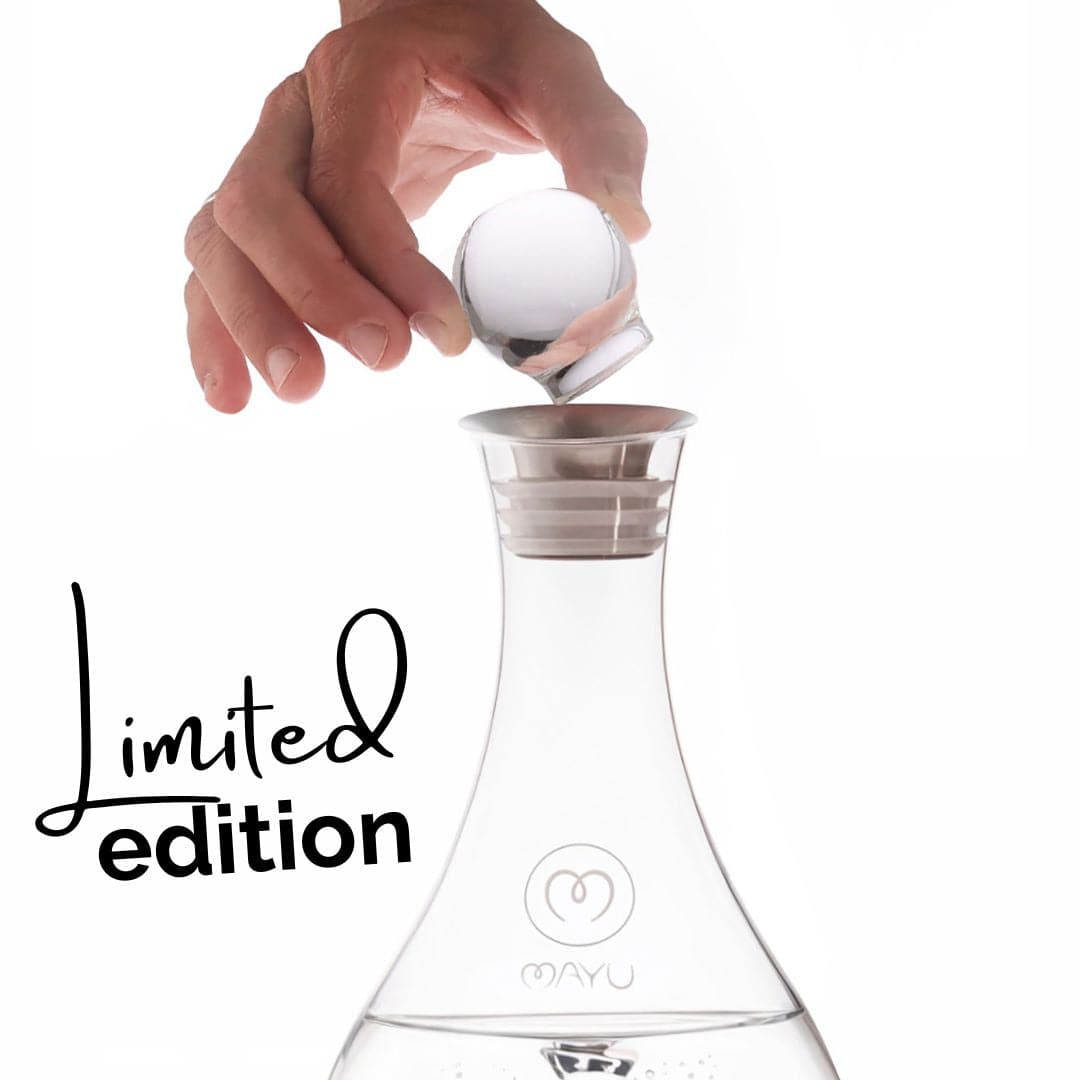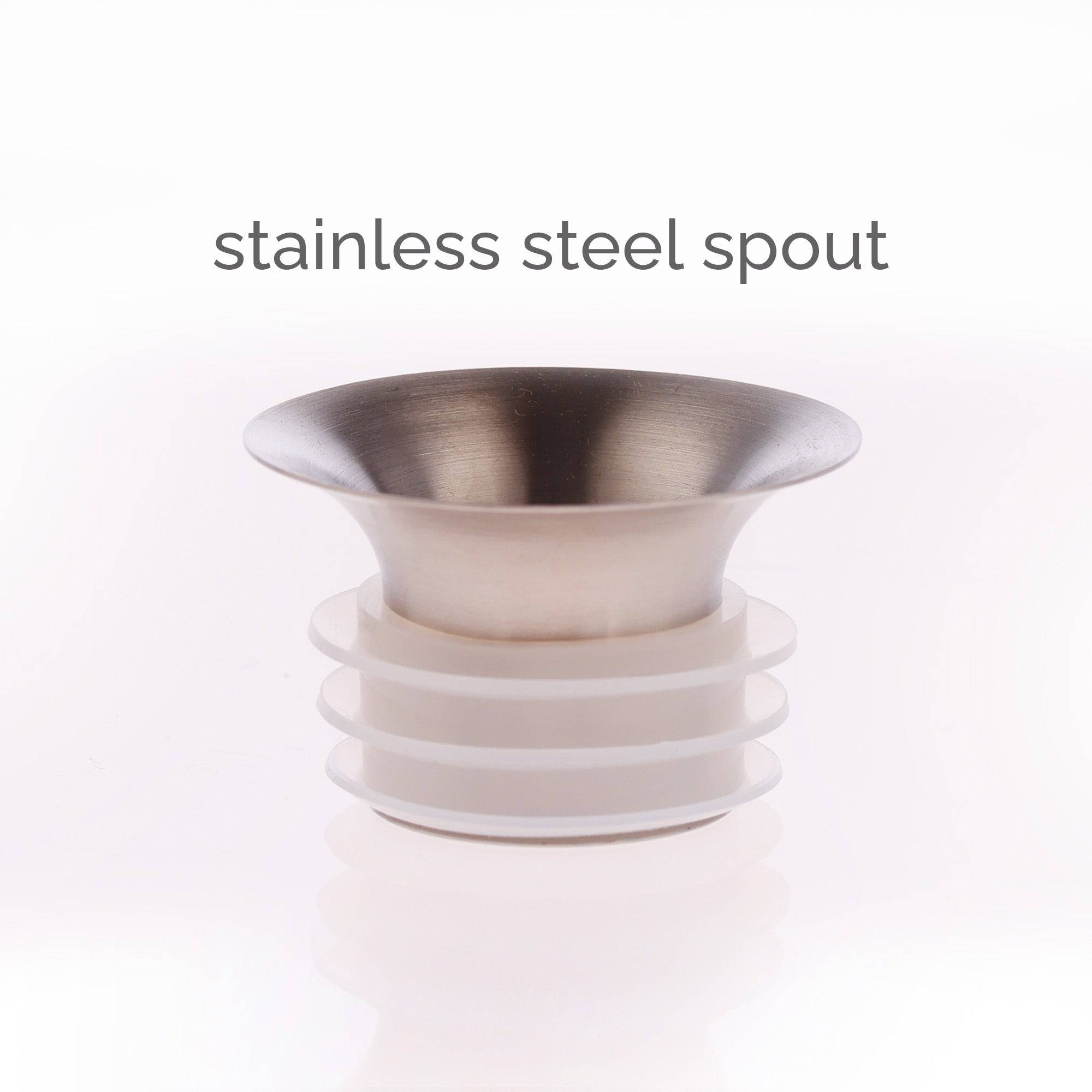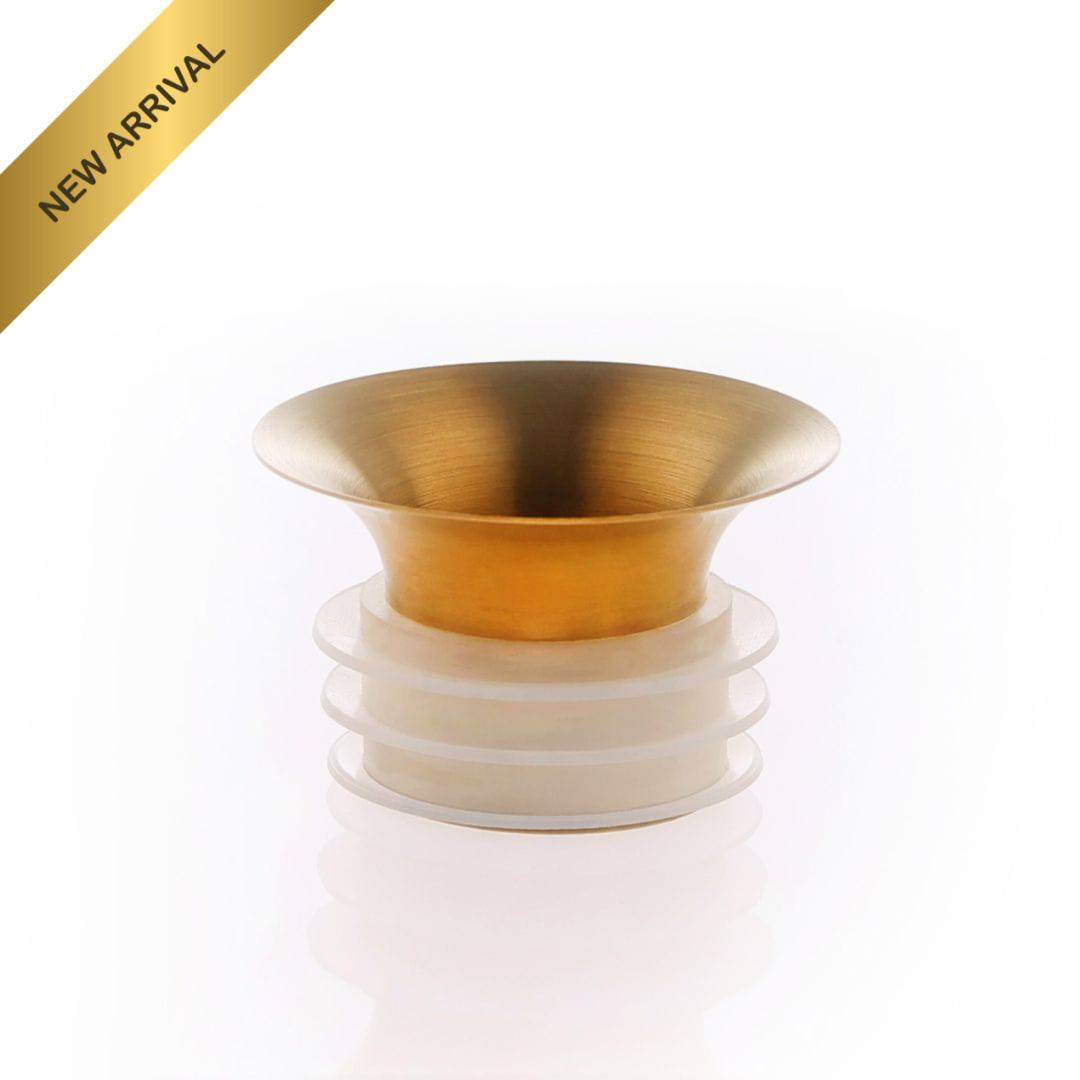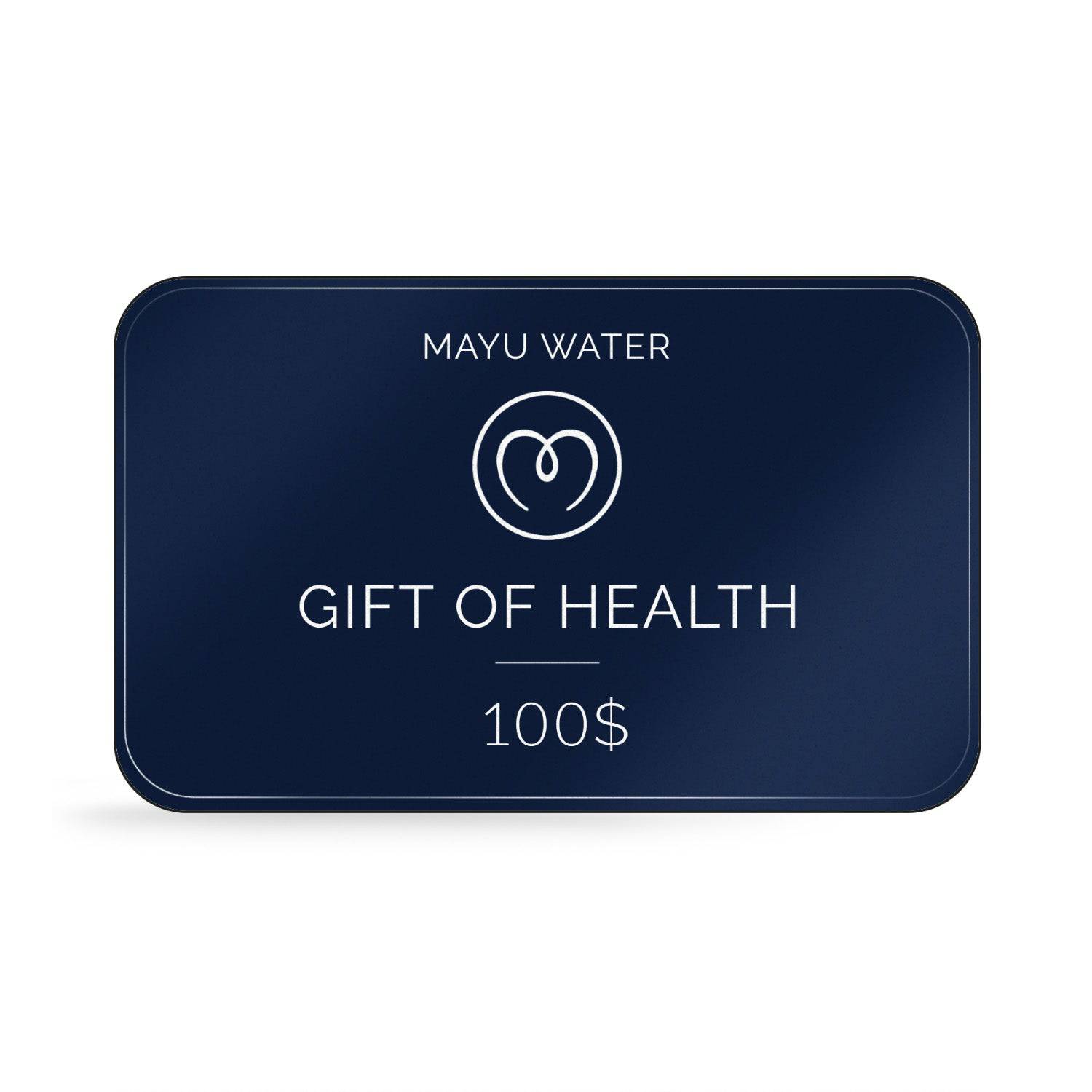7 Important Health Benefits of Filtered Water
Published October 6, 2024
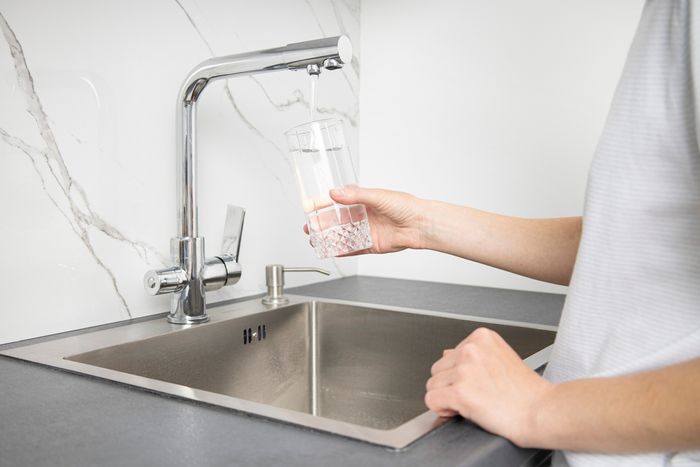
Water is an essential part of our survival, and often we don’t stop to consider where it’s being sourced and what the quality is like. We naturally assume we are receiving the best possible output, but is that always the case? In many places, it’s not possible to simply turn on the tap and drink a glass of water—the tap water is deemed undrinkable. That is where filtered water comes into play. Filtered water is essential because it gives people access to clean water that tastes good, is free of contaminants, and is a reliable source of hydration. Without water filters, there is the risk of becoming ill from contaminated water.
There are many types of water filters out there, but all of them offer the basics of the water purification process. Water filtering involves water that undergoes the removal of bacteria, viruses, dirt, harmful chemicals like trihalomethanes, pesticides, and other particles that contaminate the water. There are systems in place that filter public water supplies, but these processes vary from state to state.
The primary importance of water filtration is to prevent water-borne illnesses and diseases. Babies, seniors, and people with poor immune systems are more susceptible to getting sick from contaminated tap water. Home water filters allow everyone to hydrate themselves with safe, healthy water.
Apart from filtered water being safe to drink, it has an array of health benefits that are valuable to our overall wellbeing, such as the following:
1. No Metals or Impurities
Potentially harmful impurities are removed through the filtration process, including sediment, dirt, mold, and rust. These impurities come from dirty, rusty pipes that the tap water runs through and may give the water a metallic taste. That means whatever is lying in the pipes goes into your glass. Filtered water removes these impurities, so you don’t need to worry about them.
2. Removes Chlorine
Chlorine is used to treat tap water to prevent water-borne illnesses and diseases. While chlorine is good for decontamination, high doses can also prove harmful to your health. Filtering water removes the chlorine and its health implications.
3. Better for the Environment
People typically turn to bottled water in an effort to avoid tap water without realizing the harm it causes to the environment. The production of making the plastic bottle uses three times more water than just filling the bottle. Then there is the issue of plastic waste in the ocean and landfills. When you filter your own water, you can cut out the excess plastic and save the environment from the harmful impact of plastic production.
4. Improves Digestion
Filtered water improves the healthy mineral content, which in turn improves and promotes better digestion and hydration. When you are properly hydrated with water that contains essential minerals, your body can more easily transport and process these nutrients to where they are needed.
5. Better Taste and Smell
Filtering your water also improves its taste and smell. Tap water can have all sorts of strange flavors and unpleasant smells, which are not very inviting. This is especially the case with areas that have lots of natural water sources. Filtering your water allows you to enjoy a cleaner, more purified taste.
6. Removes Bad Bacteria
A water filter removes thousands of potentially harmful microorganisms from your water supply. Some of the bacteria and viruses found in water can make people sick. Filtered water is safer for consumption because it contains no harmful microorganisms.
7. Provides Necessary Vitamins and Minerals
Although filtered water removes the potentially harmful compounds, it retains the minerals, so you can still consume all the necessary essential minerals through your filtered water. Some of these minerals include calcium, magnesium, and potassium.
Is Filtered Water Better Than Tap Water?
Scientists say that most tap water is just as good as the water in bottles or streaming out of a filter, and there are still essential minerals in tap water. However, that is highly dependent on where in the world you live.
Assuming that tap water complies with all health and safety codes, it is perfectly fine to drink—but there is always the chance that there may be unwanted sediment or microorganisms in your glass. Filtered water is the safer bet as it purifies the water and makes it safe for consumption while retaining the essential minerals the body needs. Filtered water does wonders for your health through optimum hydration and nutrient absorption.

